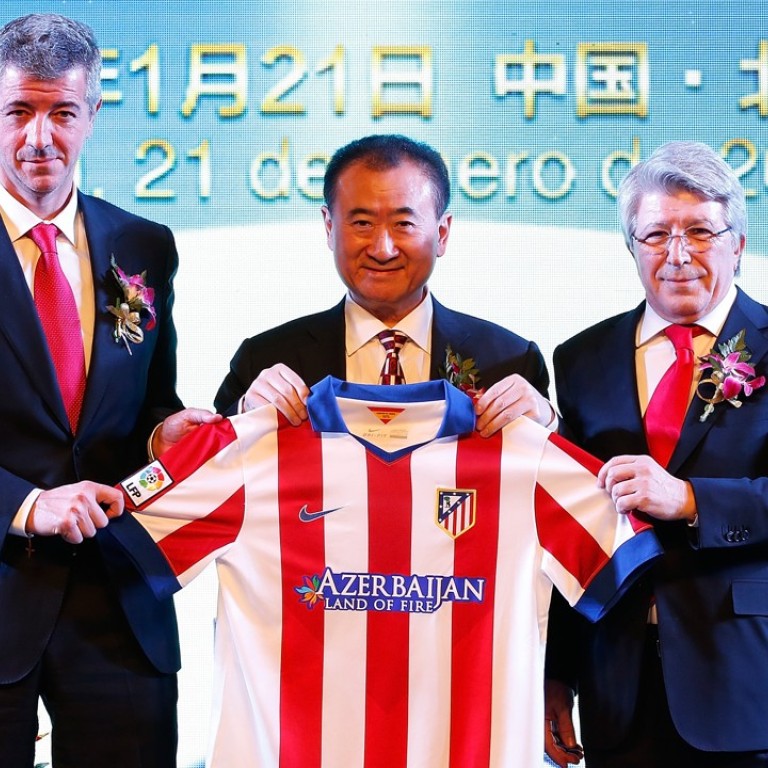
After a European adventure with Atletico Madrid, Wanda wanders back home to Dalian to take a tilt at the Chinese Super League with Yifang
Will Wang Jianlin swapping La Liga for his hometown side signal a sea change in China’s soccer investment?
Chinese investment in European football all started with Wang Jianlin’s Wanda Group so maybe it’s fitting that the end begins with them too.
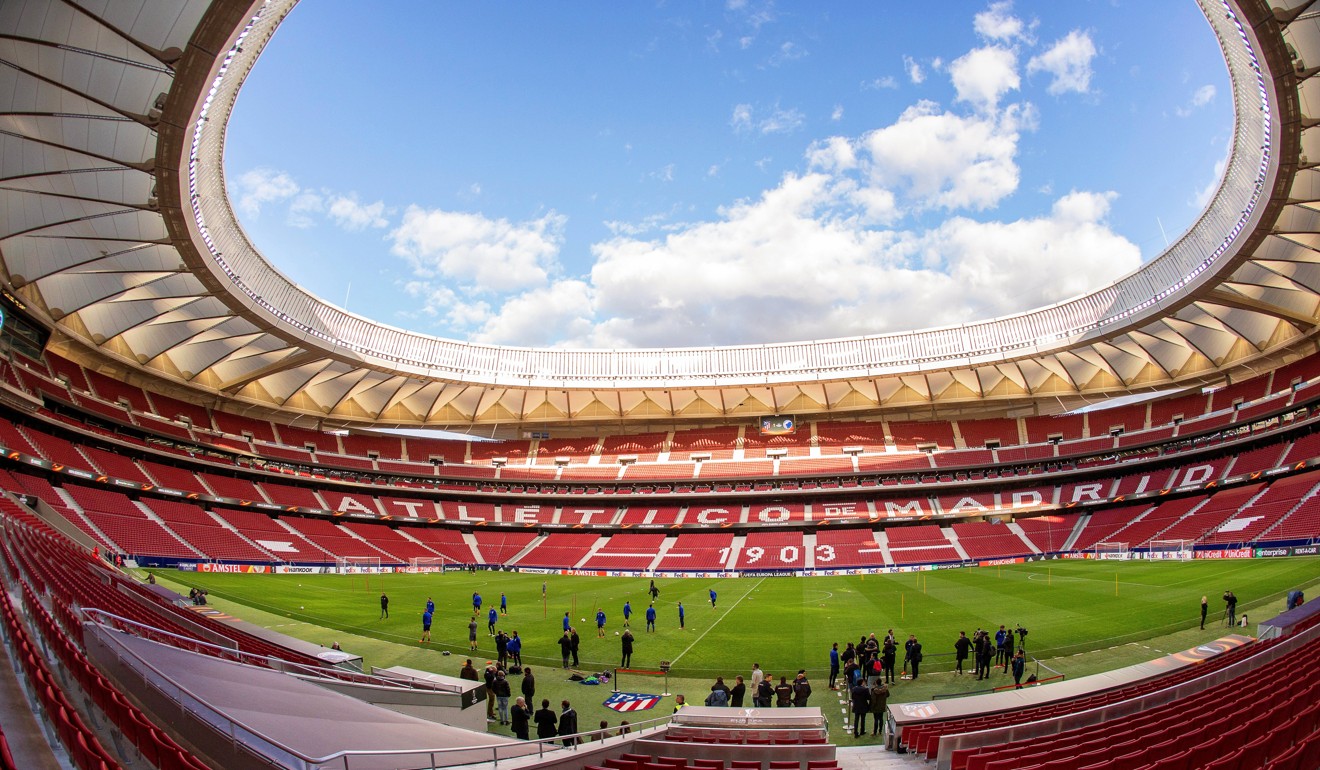
While Wanda no longer own any part of the club, their relationship continues in the form of Atleti’s new stadium, the Wanda Metroplitano, which they moved into ahead of the current season.
It is a rather dramatic – if not wholly unexpected – volte-face, caused by scrutiny from back home on foreign investments by China’s biggest companies.
Wanda has come under particular fire for its laissez-faire spending as it expanded its interests overseas, specifically in the sports and entertainment sectors, which meant that they along with the likes of other monoliths HNA and Fosun International, they have felt the full gaze and gentle persuasion of Beijing.
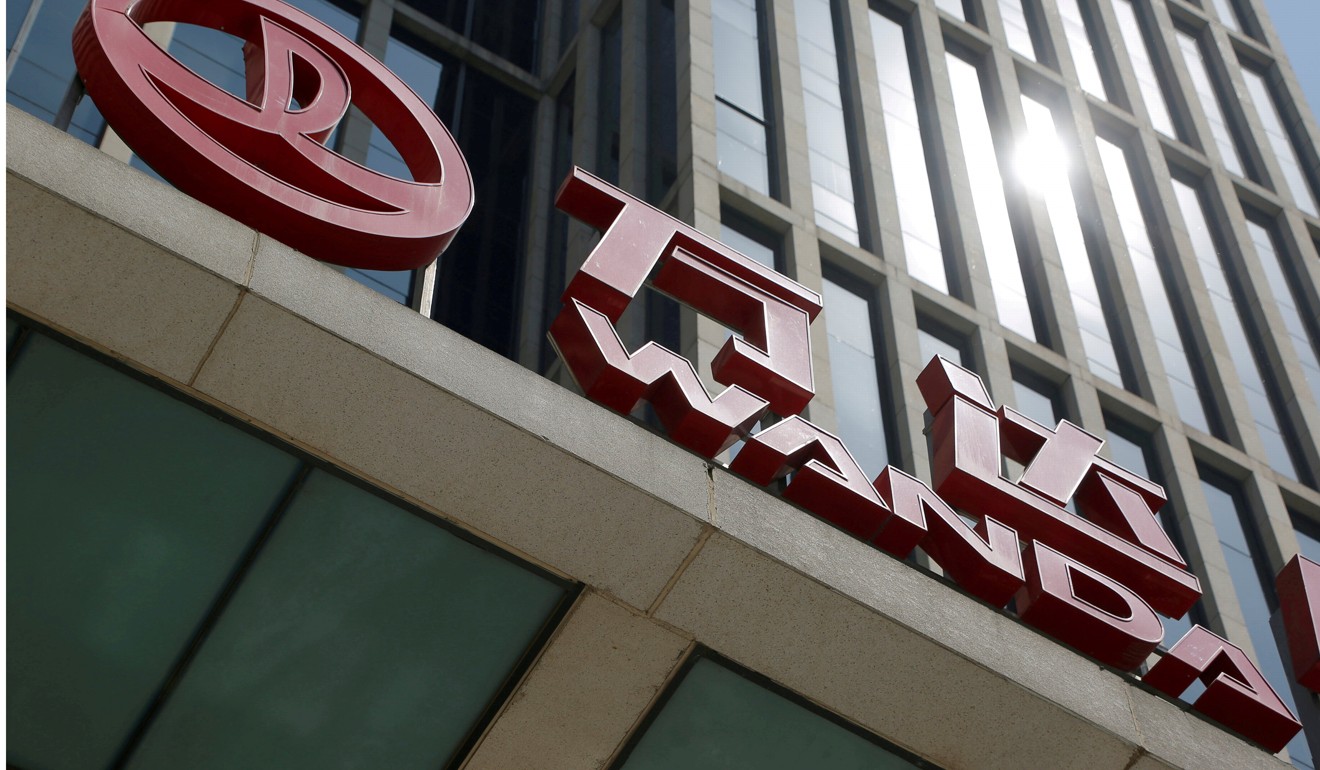
This won’t be Wanda’s first football club in the town where Wang started his business empire.
Dalian Wanda FC remain one of the historically biggest names in the Chinese game, despite folding in 2012. The club were the pre-eminent force in China in the early 1990s once Wanda Group had taken control and they won the country’s first ever professional league in 1994 before dominating domestically until the turn of the century.
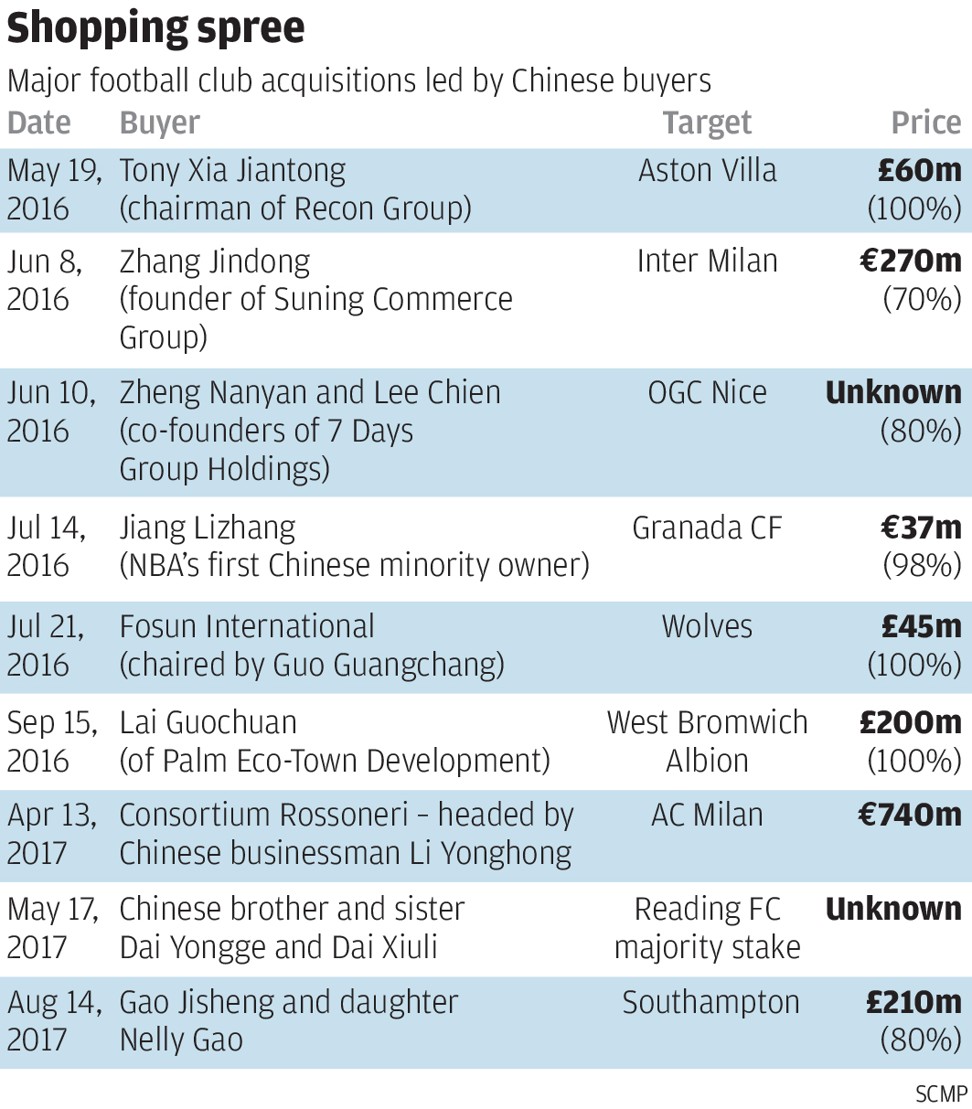
Dalian Yifang are not Dalian Wanda – and nor will they be able to become so as they are not allowed to change the name until the 2019 CSL season. But in many ways, they are seen to be. Not least because it’s long been rumoured that Wang and Wanda have been the club’s de facto owners because of their ties and investment with the Yifang Group. Taking ownership puts it all out in the open.
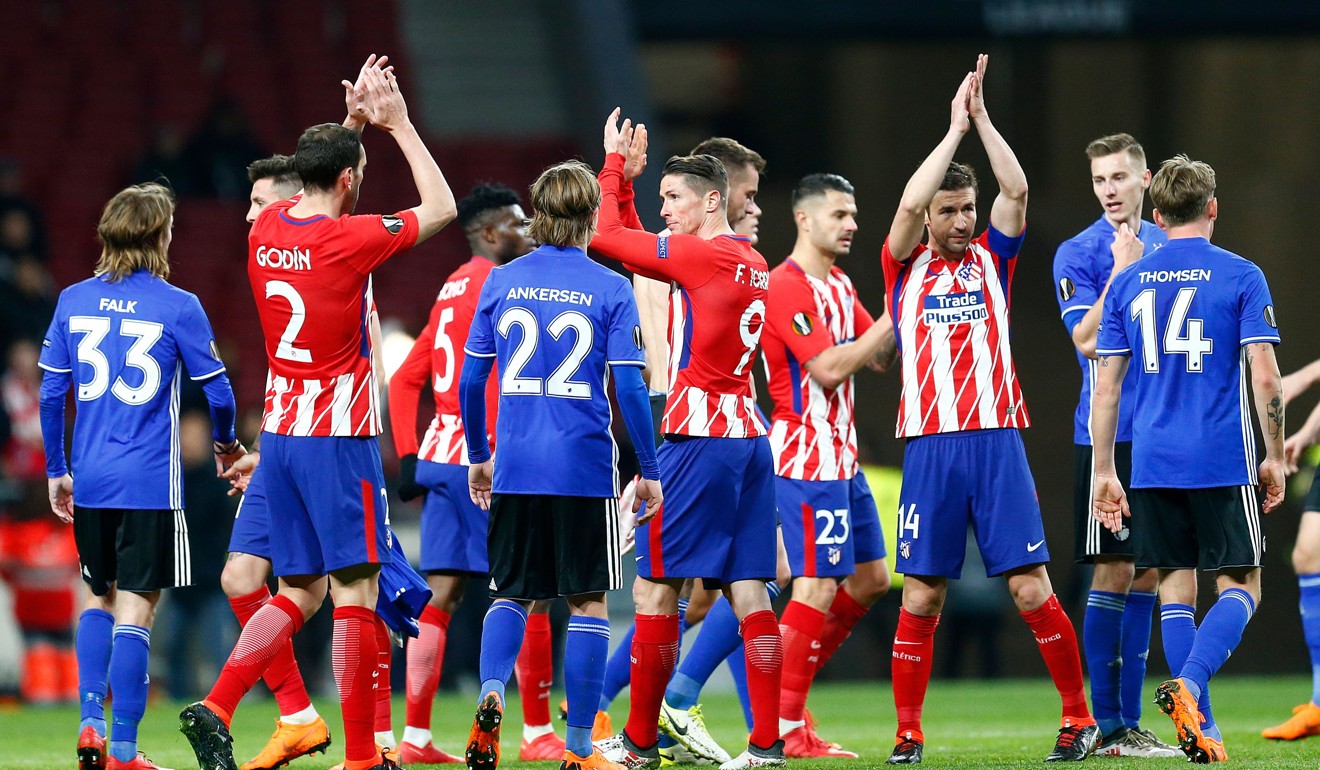
Wanda may not have owned a club since the turn of the century but they have remained involved in Chinese football. They were the title sponsor of the top flight for three years, branding it the Wanda Plaza Chinese Super League after the real estate conglomerate’s flagship developments. Even though that deal ended in 2014 after it had run its course, Wanda was still involved in developing Chinese youth football by sponsoring players to go overseas, including at Atletico Madrid.
Speaking of the Chinese champions, there is also now a hope that a newly-promoted Chinese Super League side backed by Wanda might do something to break up the dominance of the southern serial silverware collectors and seven-time champions.
Dalian was long the heartland of the Chinese game – the club that became Dalian Wanda rose up out of the city’s shipyards in the days following the revolution and were renowned amateur champions. The city has been lacking that championship pedigree since Dalian Shide shut down.
Wanda were at the vanguard of investing in European clubs, early adopters if you will, so it’s fitting that they set the next agenda by shipping out. There could be a sea change in the waters, beginning in the port city of Dalian.

